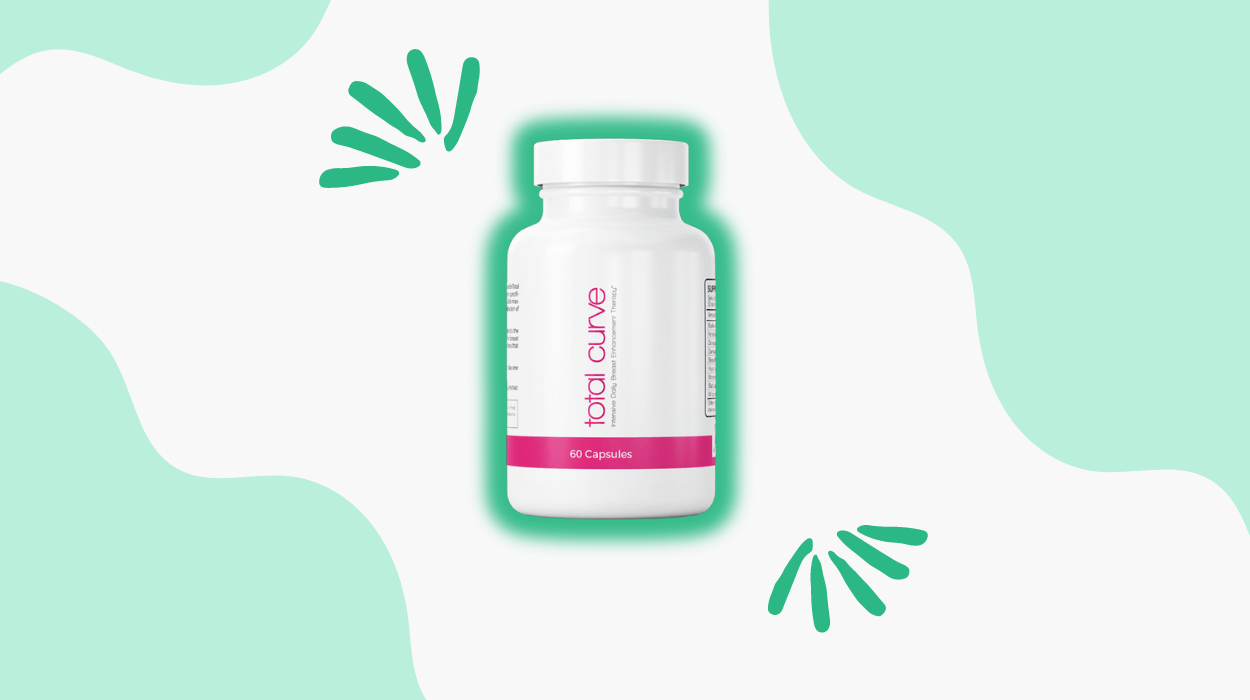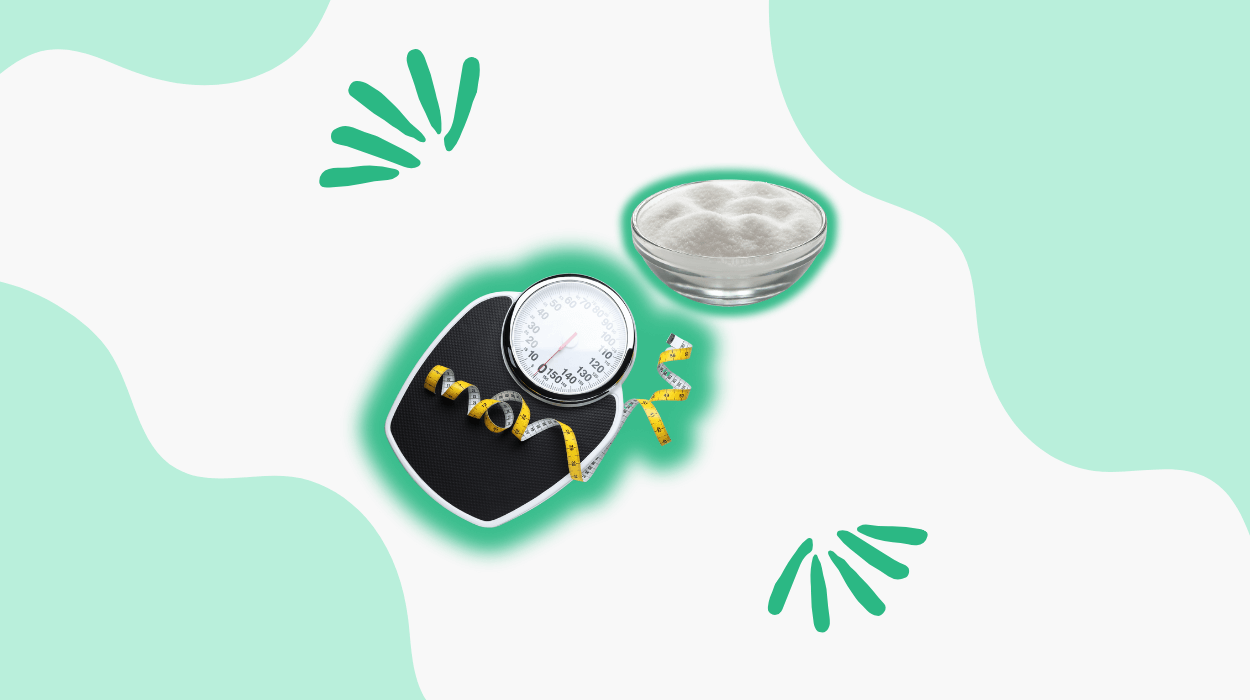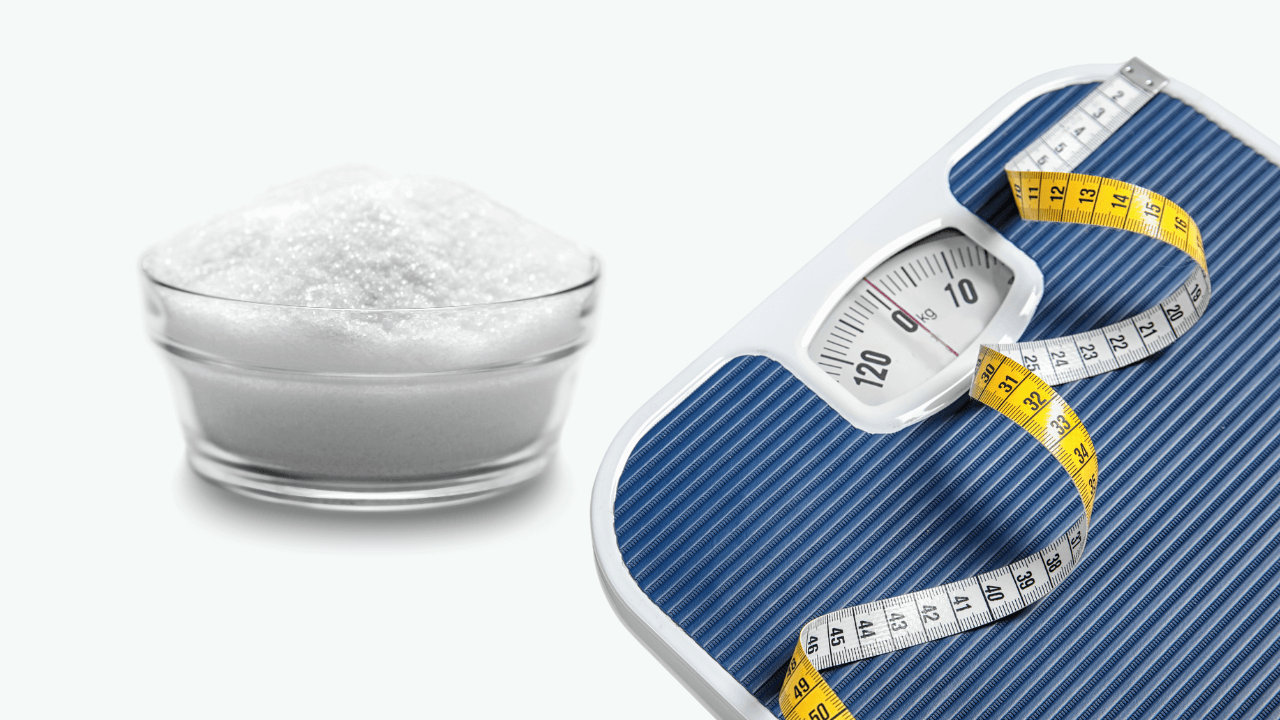

When it comes to losing weight, factors like calorie intake, types of foods consumed, and certain dietary restrictions come to mind. Not to mention, we tend to cut back on our sugar consumption in an effort to induce weight loss.
Sugar, in itself, will not necessarily prevent you from losing fat or weight. However, overconsuming sugar-rich foods might contribute to weight gain, as extra sugar is stored in the body as fat.
For sustainable weight loss, you should be mindful of your daily sugar intake. Tracking the grams consumed and making conscious efforts to reduce unnecessary sugar consumption may help.
Can you eat sugar and still lose weight? It is essential to understand the impact of excessive sugar on weight loss and the recommended daily sugar intake guidelines.
We will also gain insights into the health benefits of limiting sugar intake and the downsides of having excess sugar consumption.
Excessive sugar consumption may complicate the maintenance of a calorie deficit, which is essential for achieving your weight loss goals.
Consuming sugar, particularly refined sugar, may induce rapid increases in blood sugar levels. It could prompt the pancreas to release insulin to regulate elevated glucose levels.
However, frequent and high levels of insulin may promote fat storage, making it harder to shed excess weight.
The addictive nature of sugar may intensify cravings, leading to overeating and further hindering weight management efforts. The body tends to convert excess sugar into fat, which might contribute to weight gain over time.
Eating foods rich in added sugars, particularly foods with fructose sugars, may raise levels of hunger-inducing hormone (ghrelin) while decreasing the levels of appetite-suppressing hormone (leptin). Such effects may cause you to overeat and possibly contribute to weight gain.
Focusing on whole, nutrient-dense foods and reducing sugar intake can help you better control your calorie consumption and support weight loss efforts.

When considering your daily sugar intake, stay mindful of the recommended limits established by health organizations to support overall well-being and weight management.
According to the American Heart Association, the maximum amount of added sugars you may consume shall depend on your gender:
The CDC recommends that people curb their sugar consumption by keeping it less than 10% of their total daily calorie intake. For an individual eating 2,000 calories per day, this may imply 50 grams of sugar or approximately 12.5 teaspoons.
Keeping track of your sugar consumption through a food log might help ensure you stay within the recommended limits.
Packaged items like bread, sauces, and salad dressings may contain high amounts of added sugar that often go unnoticed. Paying attention to ingredient lists and food labels may help identify and avoid hidden sugars in savory foods.
Beverages like sodas, alcohol, and packaged fruit juices contain excessive added sugars. These beverages comprise empty calories and may raise insulin levels, potentially inducing weight gain.
Swapping these sugar-laden beverages with plain water or coffee/teas (without sugars) may help control calorie intake and improve weight management.
Natural zero-calorie alternatives such as stevia, monk fruit, and xylitol could be used as substitutes for sugar. Opting for these alternatives could help satisfy your sweet cravings without the added calories of traditional sugar.
Preparing meals at home may allow for better control over nutrition and sugar intake. You could customize your dishes according to your taste preferences and weight management needs.
Avoiding processed foods and added sugars becomes easier when cooking meals from scratch. It might help control your total calorie intake and aid in fat loss.
Must Visit:
Carbohydrates partake in providing the body with energy. They contain various types of sugars, including glucose, fructose, sucrose, and lactose. Natural foods like fruits, vegetables, grains, legumes, and dairy may comprise these sugars.
Added sugars like high fructose corn syrup (HFCS) or dextrose are not naturally occurring and are often found in processed foods and beverages. Packaged foods like breakfast cereals, canned foods, candies, or soft drinks contain HFCS. It comes in two common forms:
Natural sugars found in whole foods comprise essential nutrients and fibers with health benefits. However, added sugars provide empty calories without significant nutritional value. It’s important to differentiate between the two when making dietary choices.
Natural sugars, such as those in vegetables and fruits, are part of a balanced diet and are beneficial. Added sugars, like those present in sugary drinks and processed snacks, may contribute to weight gain and other health issues when consumed excessively.
Overconsuming sugar has been linked to obesity, weight gain, and metabolic diseases.
Excessive sugar consumption, especially added sugars, may lead to a surplus of calories in the diet. These extra calories are often stored as fat in the body, contributing to weight gain and obesity.
The metabolism of sugar in the body may influence various metabolic processes, including lipid metabolism and energy balance. When sugar intake is high, it may disrupt these processes, potentially causing weight gain and obesity.
You need to understand the risks of excessive sugar consumption and actively work to reduce your sugar intake. Doing so can promote a healthier lifestyle and mitigate the adverse effects of excessive sugar consumption on your health.
Striking a balance between meeting your body’s sugar requirements and limiting excess intake is essential for overall health and weight management.
This delicate balance involves distinguishing between added sugars, commonly present in processed foods and beverages, and natural sugars from whole foods (like fruits, vegetables, and dairy products).
Replacing sugary snacks with whole foods, avoiding drinking your calories, consuming home-cooked meals, and reading nutrition labels on packaged foods can help limit your daily sugar intake.
It is essential to understand the appropriate amount of sugar intake that works for you. Some people may find it manageable to include a little sugar in their diet, while others may experience binge eating, weight gain, or health issues while doing so.
Tyler Read earned an undergraduate academic degree from Sonoma State University, California and is a certified personal trainer (CPT) with NASM (National Academy of Sports Medicine). With over 16 years of experience, Tyler has trained clients both online and in-person.
He is passionate about helping others turn their love for fitness into a career. Tyler has worked with many local and commercial gyms before establishing his successful private personal training business, which he continues to operate.
